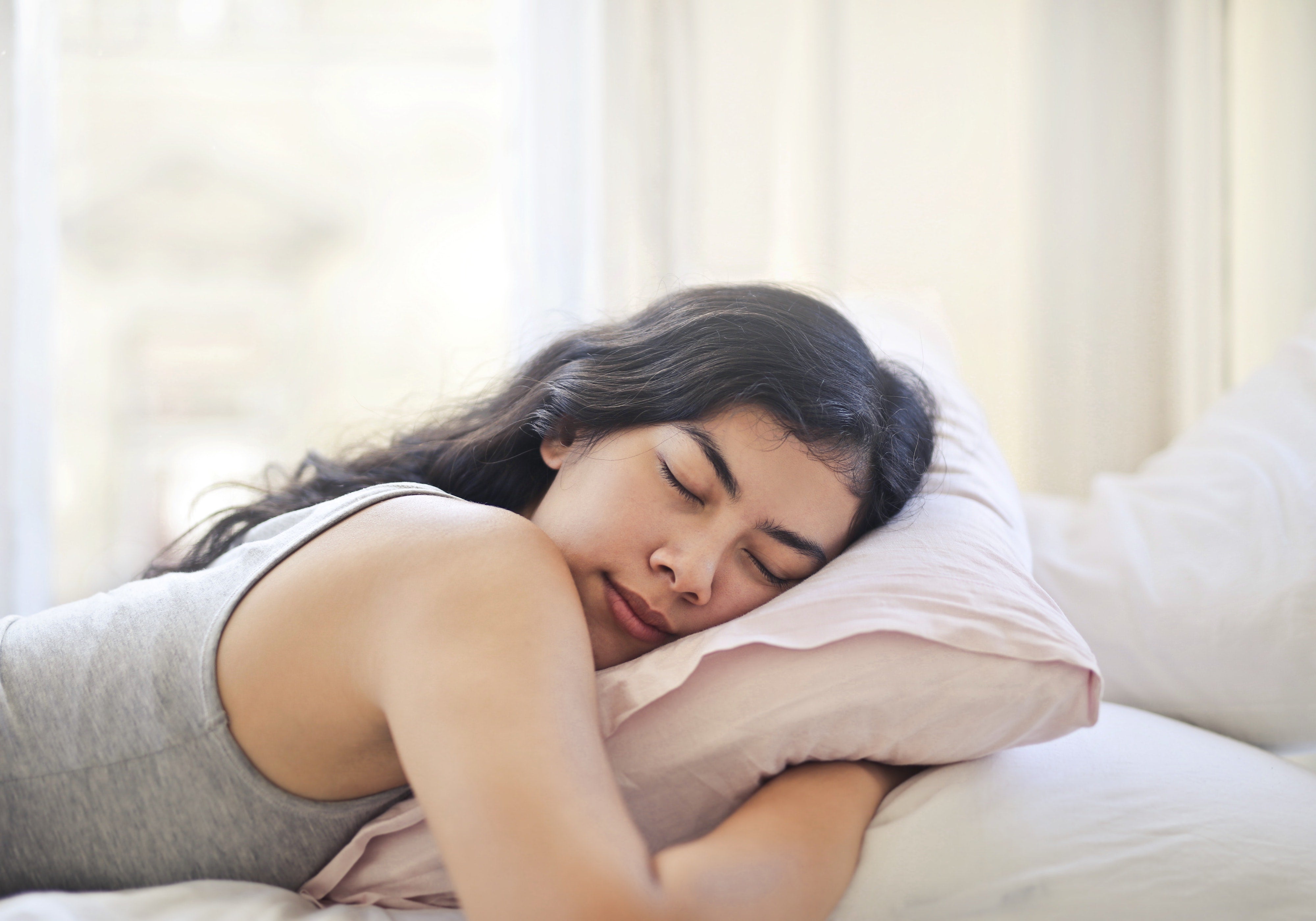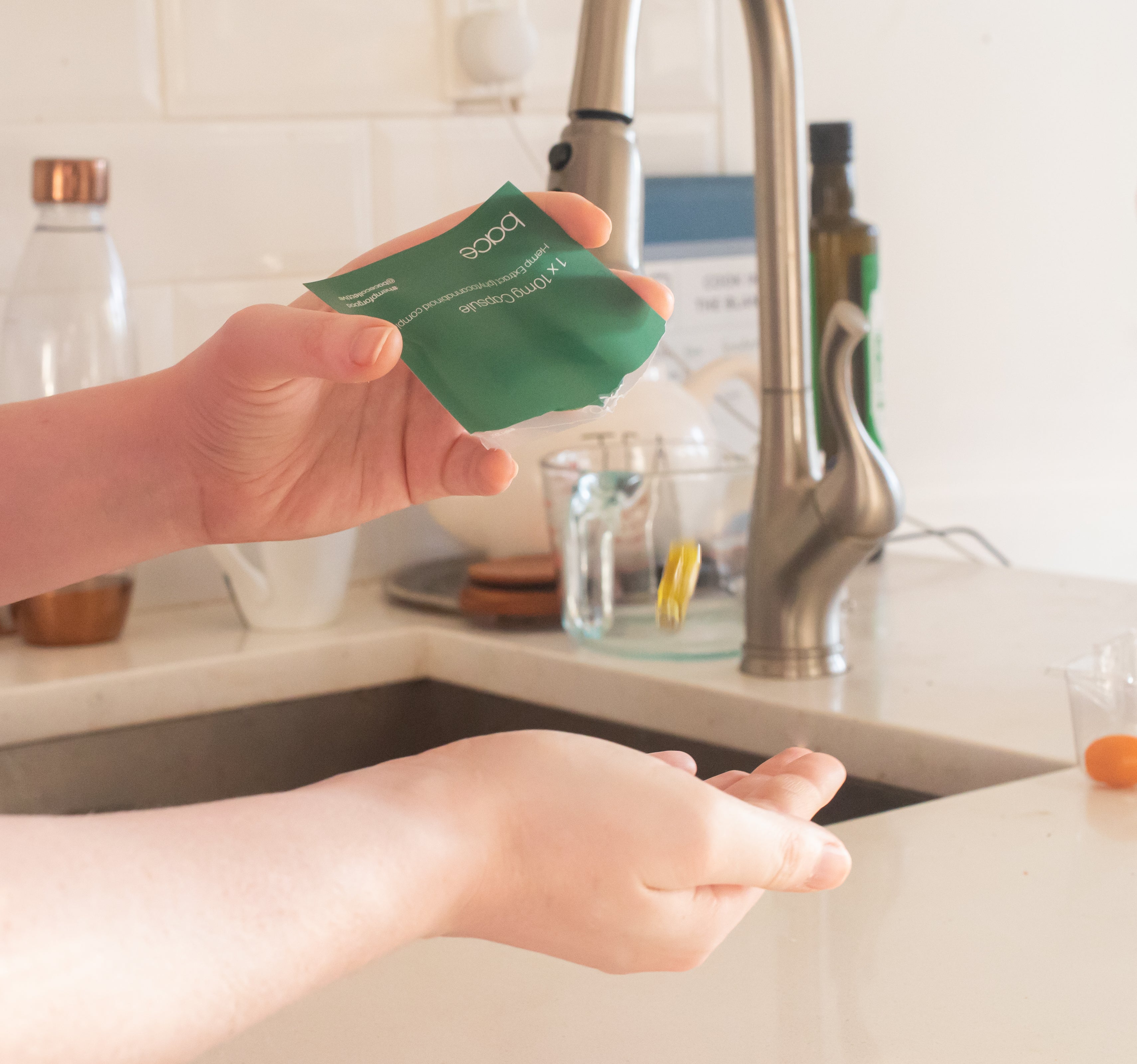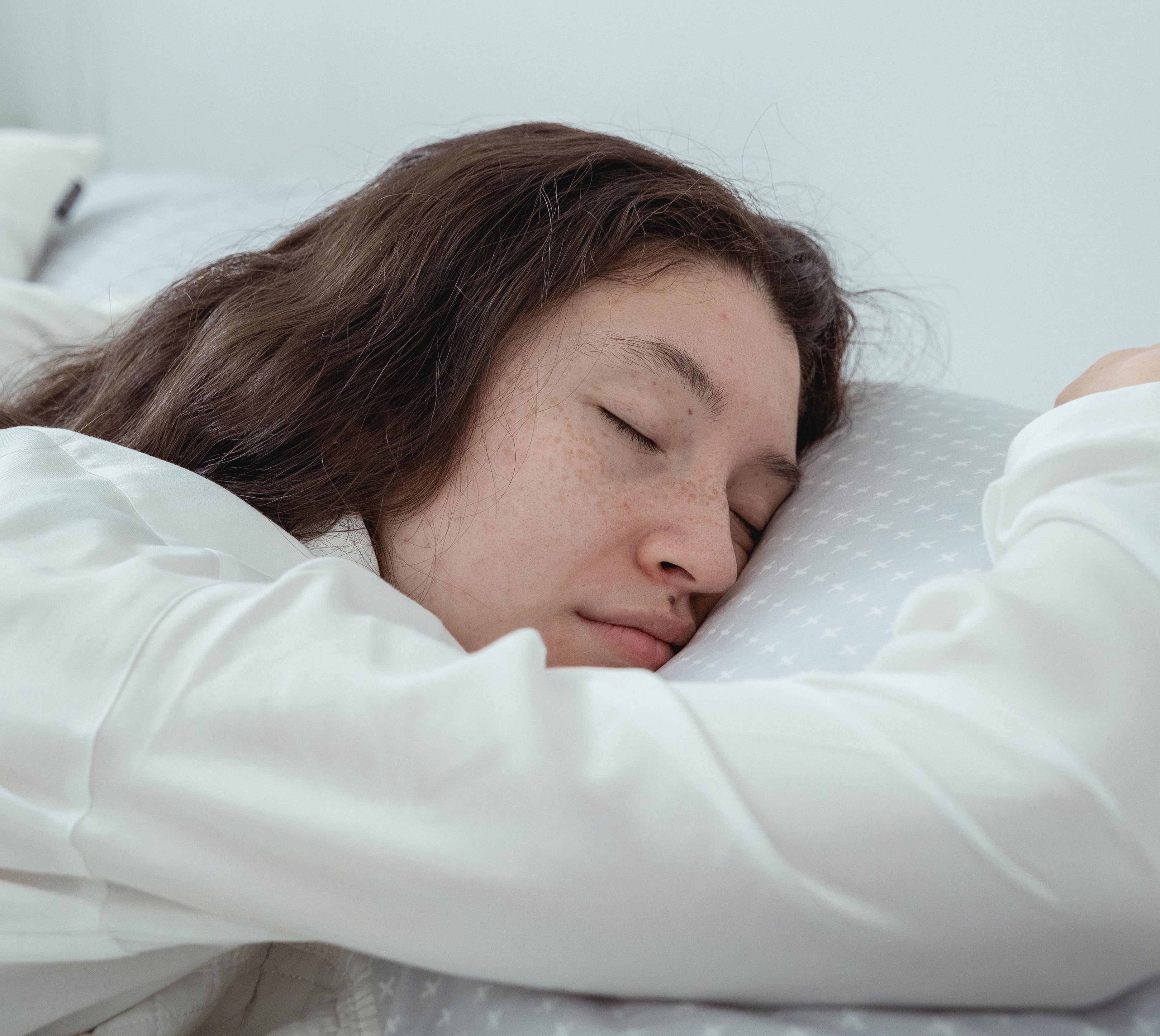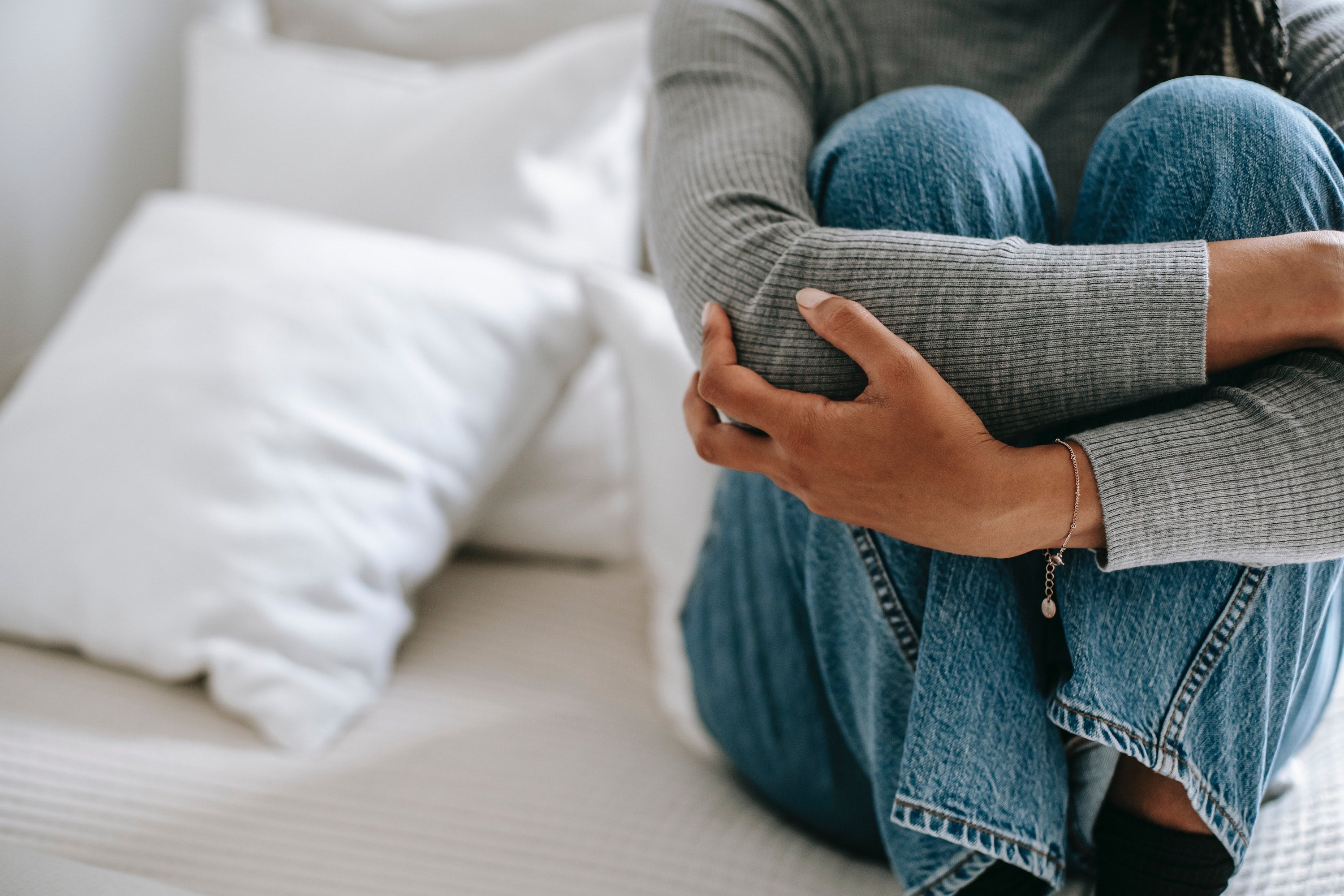Sleep Hypnosis - What Is It and Does It Work?
Because of how it’s portrayed in the movies, many people have a misconstrued idea of what hypnosis is. Because of this, hypnosis tends to be discounted and overlooked as a possible treatment for a wide range of health issues.
When administered properly, hypnosis can be quite effective. It focuses a person's attention that allows them to receive suggestions which then change their thoughts and behaviors for the better.
Research has found that hypnosis may benefit those with poor sleep, including menopausal women. By using hypnosis to alter the state of conscious, people experience deep relaxation along with cognitive restructuring and increased suggestibility.
Tired of poor sleep or lack of sleep ruining your days? Here's what you need to know about sleep hypnosis.
What is Hypnosis?
Hypnosis is a psychological therapy process that puts you into a trance-like state. This makes you more receptive to therapeutic suggestions. Hypnosis is also known for its ability to promote relaxation and heightened imagination.
Contrary to popular belief, you remain completely alert throughout the process. Many compare hypnosis to daydreaming, or the feeling you get when you “lose yourself” while watching a movie or reading a book. You're fully conscious, but your mind tunes out all the stimuli around you.
Because the brain is more receptive to new ideas when hypnotized, certain messages can be conveyed to positively influence thoughts and actions.
It’s important to point out that hypnosis is not mind control. While you’re more open to suggestions, you still can control your decisions. What you see in the movies doesn’t accurately represent hypnosis.
How Does Sleep Hypnosis Work?
The name can be a little confusing, but you don’t fall asleep during hypnosis. You remain fully awake, but your focus is fixed that you may feel like you’re in a trance or “zoned out.” Usually, sleep hypnosis is administered at any time of the day like other forms of hypnosis.
The process of sleep hypnosis uses hypnotherapy to address insomnia and other sleep problems. The goal isn’t to make you fall asleep, but to change negative thoughts or habits that are negatively impacting your sleep.
Hypnosis for sleep can be combined with other treatment options to increase effectively. For instance, it can be used in conjunction with cognitive behavioral therapy for insomnia (CBT-I), a form of counseling that reframes negative thought patterns about sleep.
What's Included in a Session?
Sleep hypnosis can be conducted by a hypnotherapist, or it can be self-induced by listening to a recording that guides you through verbal cues. In turn, you’ll enter a trance-like state which results in lower-level brainwave activity.
This causes subconscious activity to heighten while causing conscious activity to subside.
Here’s what you can expect during a sleep hypnosis session.
- Get comfortable: Settling down into a position where you are comfortable.
- Be at peace: Following guided verbal cues to place worries and concerns aside.
- Induction: You’re prepared to go into a deeper state of relaxation. Usually, the hypnosis practitioner will prompt you verbally to relax, which releases the conscious mind while unlocking the subconscious.
- Deep breathing: Conscious breathing to get into an even deeper mental and physical relaxation.
- Suggestions: Involves the use of guided imagery that root the desired result (sleep, in this instance) into the subconscious mind.
Once the session is complete, you’ll be woken up gently. The most interesting part about hypnosis in general is that you are never “stuck” in the state of hypnosis. At any point, you can consciously decide to open your eyes and end the session. Most people choose to try a few sessions in a row to achieve the best results.
Does Hypnosis Work?
While there are skeptics, research has showed that hypnosis does work. For people with conditions like insomnia, encouraging deep relaxation and reorienting thoughts and emotions can be beneficial enhancing sleep quality and quantity.
Studies have also found that hypnotic suggestion promotes deeper sleep, which plays an important role in brain plasticity as well as body restoration.
Though hypnosis seems promising for those with sleep problems as well as mood disorders, more clinical studies need to be conducted.
While most studies report improved sleep due to hypnotherapy, larger studies are needed before it becomes a standard treatment.
Try Sleep Hypnosis at Home
Having issues falling asleep or staying asleep? Guided sleep meditation is a great option to help you get the shut eye that you need. The good news is that you can do this at home!
We highly recommend the deep sleep hypnosis videos from Michael Sealey. While you may know him from his various roles in movies, the actor is also trained and certified in clinical hypnotherapy and hypnosis. Some videos to follow at home include:
- Sleep Meditation Fall Asleep in Minutes Sleep Talk Down Hypnosis
- Sleep Hypnosis to Cleanse Destructive Energy - Guided Sleep Meditation
- Sleep Hypnosis for Clearing Subconscious Anxiety - Ultra Deep Mind Calm
Be aware that hypnosis isn’t the end-all-be-all solution for insomnia and other sleep problems. Hypnotherapy doesn't work for everyone as we all have different levels of hypnotizability. Just like CBD, it’s another tool you can choose to learn more about, and utilize as you’d like. If you want to double down on the relaxation, you can try hypnosis with CBD, which naturally promotes a sense of calmness and relaxation.
The best way to figure out if hypnosis therapy works for you is to try it at home, or schedule a few sessions with a certified hypnotherapist to see if you have a better experience in a different environment.






